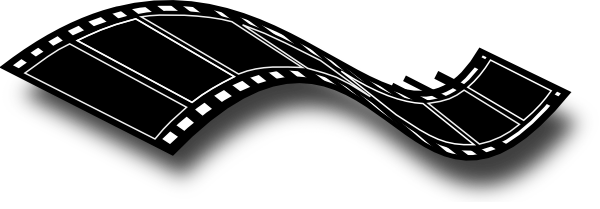Thursday 29 September 2011
Television and Child Development- Shelley SB
TV is Good? Shelley SB
In the short snippet above Dutwin raises an interesting point that much of our ‘knowledge’ is built on experiences with what we see on the screen- rather than through physical participation. By presenting a simple analogy referencing CSI, Dutwin challenges us to consider the impact of television on knowledge construction and perception.
In terms of Socio-cultural Theory the very presence of television in children’s daily lives needs to be considered as a serious factor in socialization and identity formation. Socio-cultural perspectives recognize that children develop through their experiences and interactions with others and their environment (Valenzuela, 2002). Because research suggests that children aged 8-18 years spent on average 4 hours and 29 minutes per day watching television in some form or another (AMCA, 2010), we need to rethink what and who are the most influential players in children’s lives. What can television do for us?
Through television we are able to ‘participate’ much more broadly with the world. We are exposed to a more diverse populace, have greater access to information, news and opinion, and we have greater access to ‘role’ models positive or otherwise. Rather than fight the giant beast that is television is it possible that we could tame it?
As a parent and an educator I support the view that rather than labelling television as a negative influence we should view television in light of the opportunities it opens to engage in dialogue between what we see on the screen and that, which exists, in everyday life. In terms of socio-cultural theory and social development the rights and wrongs presented on television are great models for teaching and learning.
In early childhood this moral theory has been embraced as shows like Thomas the Tank Engine and Bananas in Pyjamas are loaded with moral undertones. With a little flexible thinking and creative teaching perhaps even shows like Home and Away and Jersey Shore could offer such social and emotional lessons for our secondary students (Jersey Shore- Yes I did say creative teaching- perhaps a way of looking at what NOT to do in life!).

